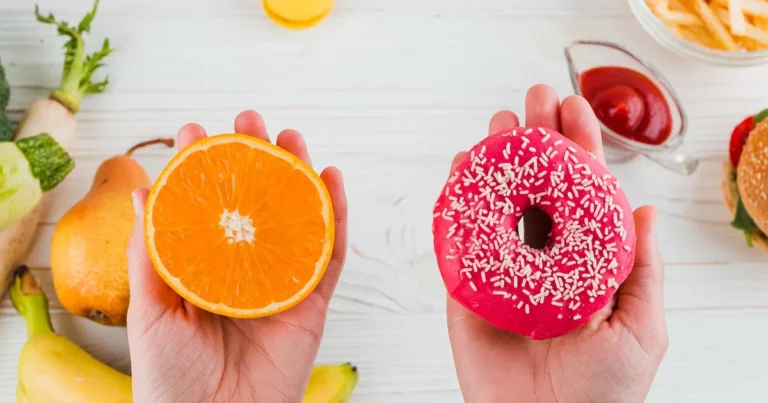
Myths about calories
Calories are units of energy. Yes, to lose weight, you need to consume fewer calories than you burn. But food is more than fuel — it’s also nutrients, flavor, and joy. Many people chase low-calorie meals but: How much per…


Calories are units of energy. Yes, to lose weight, you need to consume fewer calories than you burn. But food is more than fuel — it’s also nutrients, flavor, and joy. Many people chase low-calorie meals but: How much per…
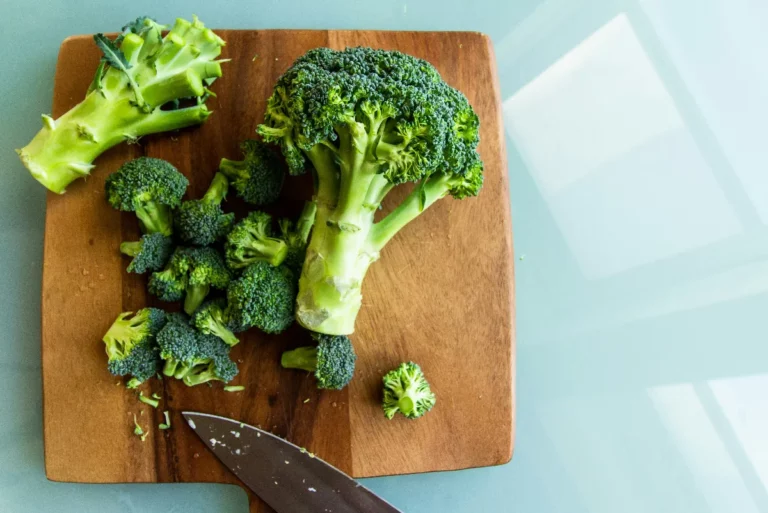
Fruits & vegetables — especially leafy greens — are packed with vitamins, minerals, antioxidants, and fiber. How much per day? Aim for at least 250–300g of vegetables & fruits per day. That’s about 3 big handfuls or half of your…

Unsaturated fats are the healthy fats that stay liquid at room temperature. They’re found in: vegetable oils (olive, rapeseed, sunflower) avocados, nuts, seeds, fatty fish like salmon or mackerel. How much per day? You don’t need a lot — just…

🍬 Simple carbs are quick sugars your body digests fast. They’re in pastries, cookies, white bread, sweet drinks, candy, ketchup, sugary cereal. They give fast energy, but leave you tired — and hungry again — soon after.
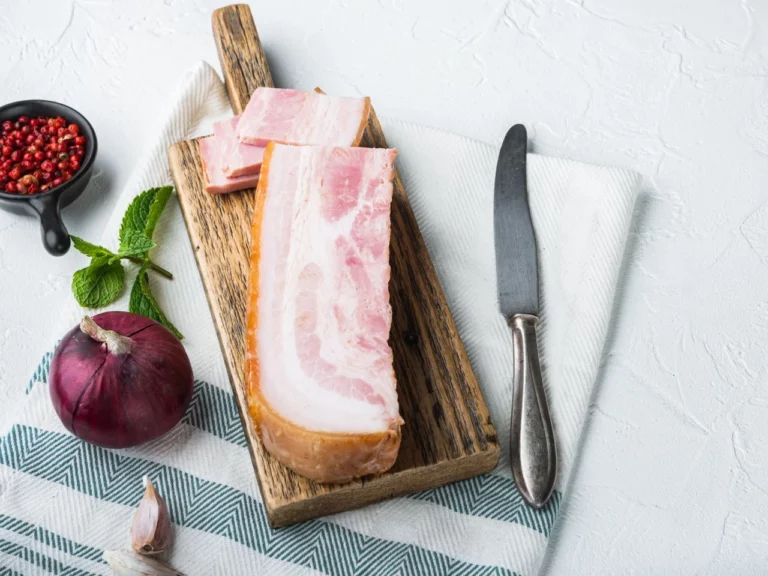
Processed meat includes anything that’s been industrially smoked, salted, cured, or preserved — such as sausages, ham, hot dogs, bacon, deli meats, and salami. These are convenient — but often high in saturated fats, salt, and preservatives. How much per…
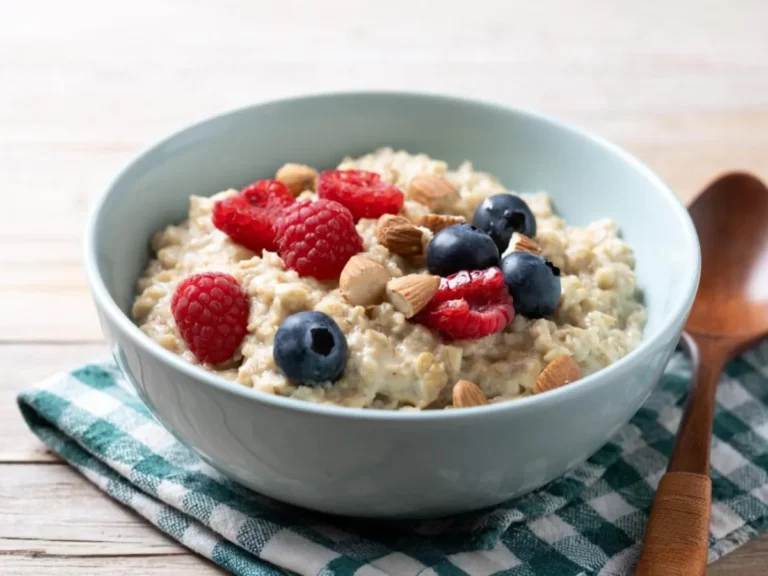
Whole grains (like oats, whole rye, whole wheat, barley, quinoa, brown rice) contain fiber, vitamins, and minerals that are stripped away in refined grains. Fiber is also found in veggies, fruits, legumes, and seeds. How much per day? Aim for…
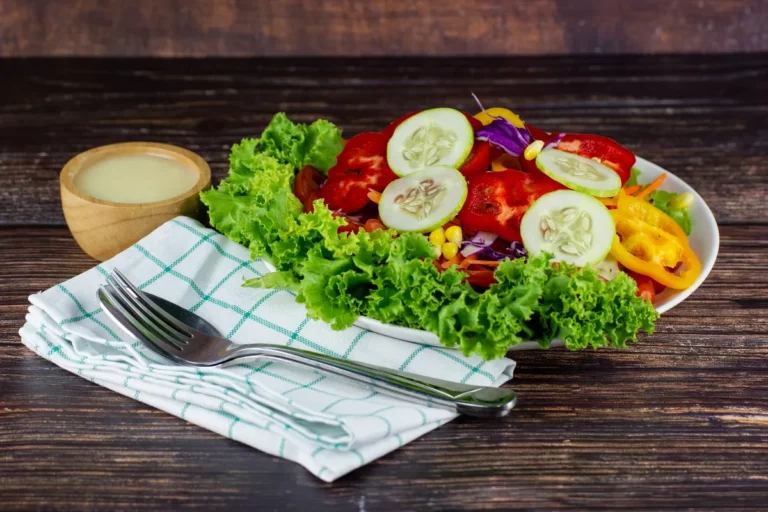
1. Restaurant Rule: Sauce on the Side! 🥗 Even a “fitness salad” can drown in hidden oils and sugars. Ask for your dressing on the side – simple fix, no big sacrifices! 💪 2. Oil? Be Gentle! 💧 Use an…
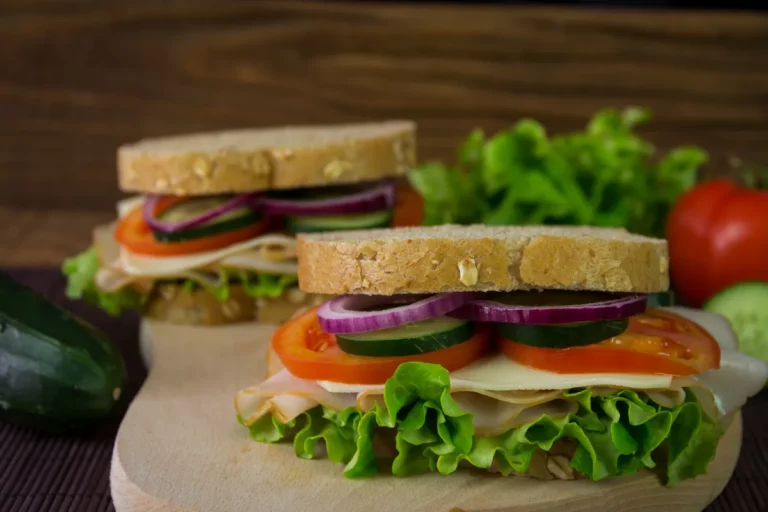
Ready to make healthy eating easier? Here are three simple adjustments that make a real difference. Remember, it’s about progress, not perfection! 1. Leaf it Up! 🥬 Boost your sandwiches by adding a leaf of lettuce. A little green adds…

Protein is the building block of your muscles, immune system, and even hormones. How much per day? Rough guideline: 1–1.2g per kg of body weight. That’s about 60–80g per day for most adults. Or: include protein in every meal — about a…
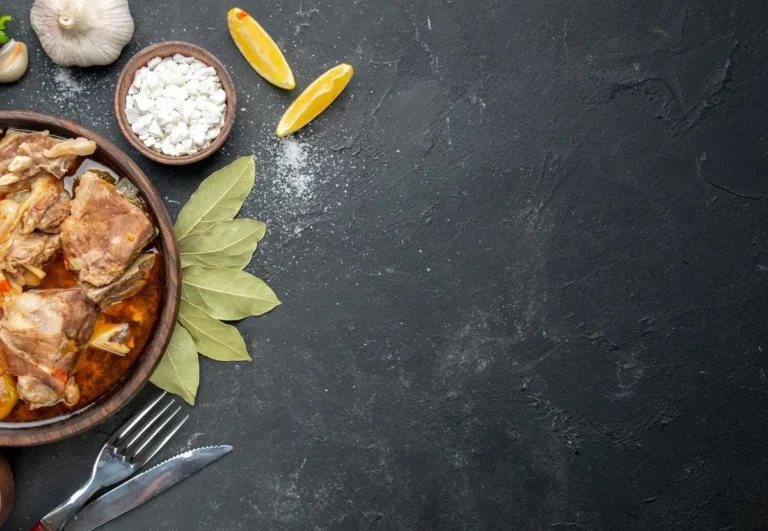
We believe that nutrition should be free from stereotypes, guilt, and unproven advice. Food is about health, balance, and enjoyment — not anxiety or control. EatBeat is your personal nutrition assistant, built on over 100 systematic reviews and more than…
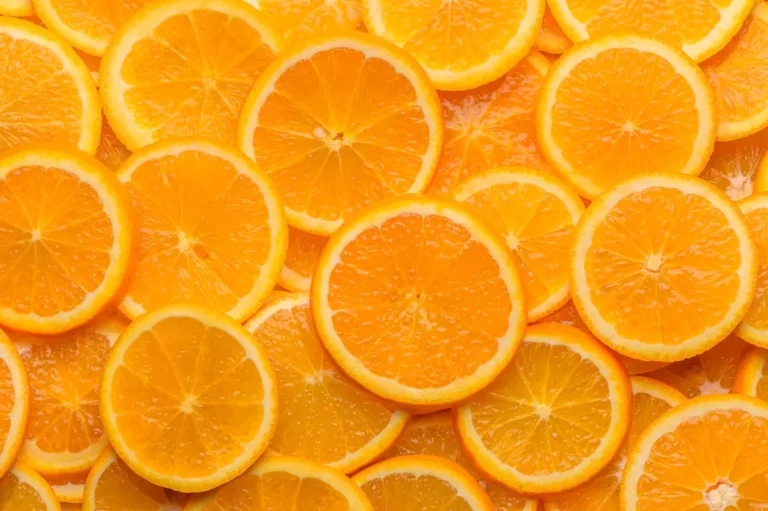
Health Points — are a combined score of 13+ nutrients (calories, protein, fats, carbs, added suger, vegetable oils e.t.c.). The more HP a dish has, the better it balances your diet. You have probably noticed that the first meal of…

The harsh truth about restrictive diets? They simply don’t work. Our minds, after all, are wonderfully wired for joy and contentment, not for endless struggle and deprivation. We often abandon diets not because we lack willpower, but because they become…